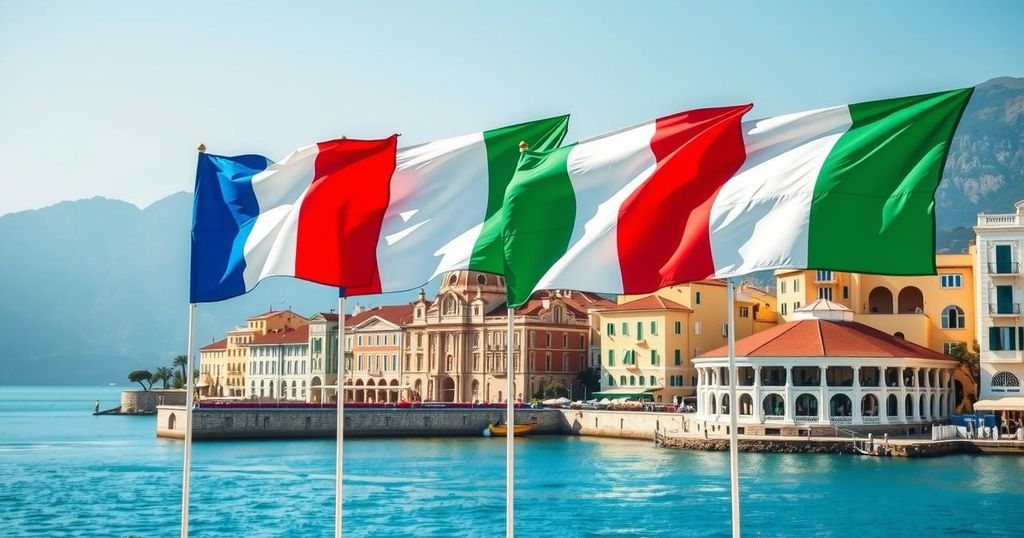The U.S. has revoked all visas for South Sudanese citizens, alarming the Syracuse community, notably Chol Majok, a councilor and first refugee elected in Syracuse. Majok acknowledges the need for border protection but criticizes the broad impact of the visa ban, affecting students and athletes. He calls for a more logical approach from the federal government and highlights the importance of support for South Sudanese and the need for cooperation with the U.S.
The recent decision by the United States to revoke all visas for South Sudanese citizens has sparked significant concern within the Syracuse community, which is home to many individuals from South Sudan. Chol Majok, a Syracuse City Council member and the first refugee elected to the council, has expressed his apprehensions regarding this policy change.
Secretary of State Marco Rubio announced on Saturday that the cancellation of visas is due to South Sudan’s failure to accept the timely return of deportees. South Sudanese authorities recently agreed to allow a Congolese national into their country, stating this was done to maintain amicable relations with the United States despite the visa revocation.
Chol Majok, who has served on the council since 2019, acknowledged the necessity for the U.S. to protect its borders but voiced his concerns about the negative impact this visa policy has on individuals being deported to South Sudan, especially when they are not nationals of that country. He pointed out that this has created uncertainties regarding travel for many South Sudanese individuals.
The region of South Sudan is currently working to recuperate from a devastating civil war characterized by rising political tensions and violence between government forces and rebel groups. Majok highlighted that the visa ban adversely affects South Sudanese students and athletes excelling in the U.S., labeling the policies as overly strict.
Majok expressed his belief that banning visas through such broad measures is detrimental, indicating that concerned residents are reaching out to him regarding family members’ situations. He denounced the State Department’s actions as “completely unacceptable.”
He emphasized the American values of hospitality and support, stating, “To recall the visas is not who we are as Americans, especially in this situation.” Majok also mentioned that despite the robust support network available in Syracuse for refugees, further resources are necessary to assist them effectively.
He expressed hope that the federal government would reconsider its approach, advocating for a more rational policy moving forward. South Sudanese officials, in response to the U.S. visa decision, have deemed the change unfair, asserting their cooperation with all other deportation cases. The U.S. government has indicated it is “prepared to review” the visa revocation should South Sudan demonstrate full cooperation on related matters.
In summary, the cancellation of visas for South Sudanese citizens by the United States has raised important concerns within the Syracuse community, particularly among those affiliated with Chol Majok. The broader implications of this decision could hinder the opportunities available to South Sudanese individuals who are contributing positively to society. Continued dialogue and reconsideration of the policy are essential for fostering cooperation and supporting those affected.
Original Source: spectrumlocalnews.com




